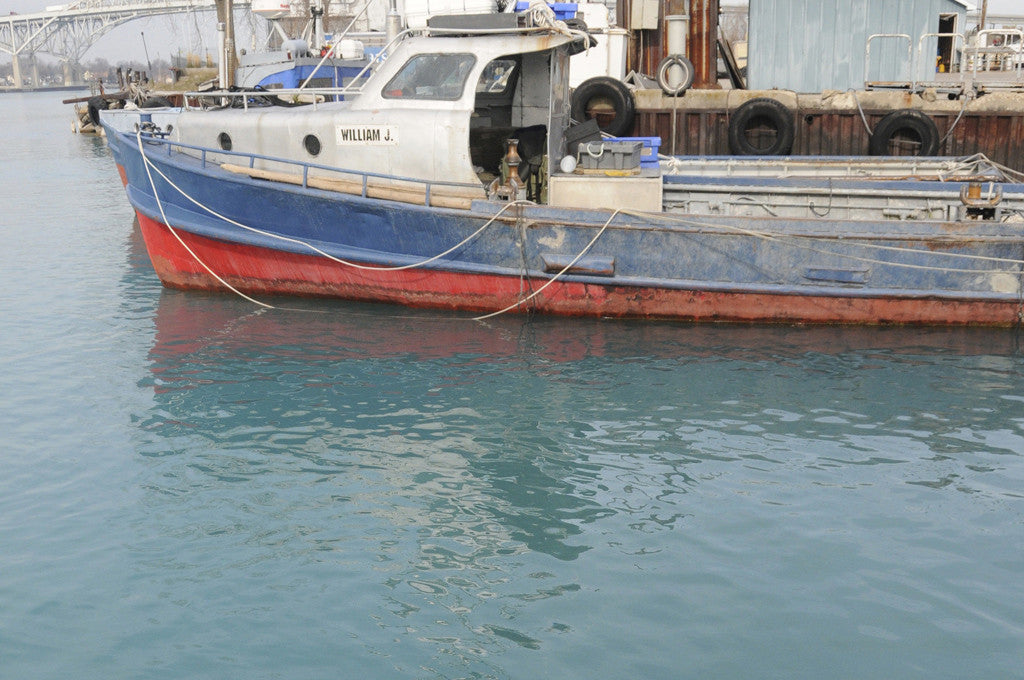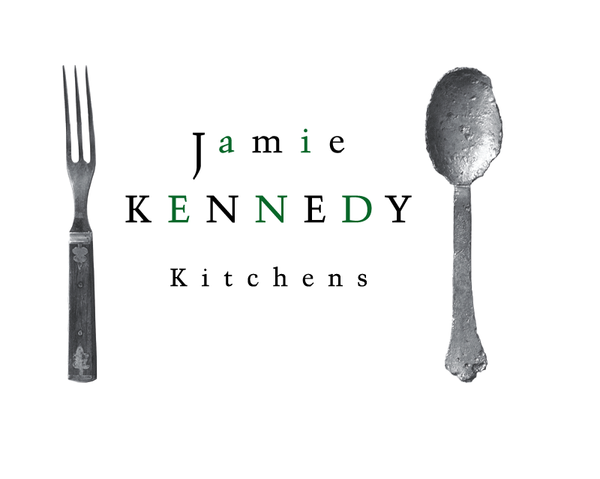Notes for Terroir 2016, the 10th Edition - Part II

On Monday April 25th, Jamie Kennedy attended and spoke at the 10th annual Terroir Symposium, which took place at the Art Gallery of Ontario. This symposium brings together members of the hospitality industry, from across the country and the globe, to inspire and educate each other. The first Terroir Symposium took place at Hart House in 2007, and Jamie was the keynote speaker. This blog post, the second of three, shares Jamie's words from his session on food culture.
Sometimes travelling lends new insight to what is possible at home. Trying not to listen to the noise of standard practice. Sometimes our governments “protect” us to the detriment of cultural evolution. Sitting outside at a winery in Mendoza you are immediately attracted to a vine cuttings fire burning down to embers. You are amazed at the diameter of the vine wood. You are transported to this place of old vines and the patina of that. It whets the appetite. The logs burn down and large cuts of beef are placed on the grills, seasoned only with salt. These peaced out creatures have eaten only grass for their whole, comparatively long lives. 3 years compared to 18 months here in Canada. Taking these animals at 18 months is nothing more than an industrial, economic act, not a cultural one. You muse on these thoughts as you watch the men turning the large cuts. Time passes and the heart, tongue, liver and kidneys are added to the grill. There is a stew redolent of wine and perhaps the cheeks and shanks. The empanadas are placed in the vine wood fired oven. The men remove the cuts from the grill. The women are serving empanada and Malbec wine. Gastronomic music. The memory lingers and so does the cultural call to action back in Ontario.
The turquoise blue water of Lake Huron takes your breath away. Steph Purdy is shoveling ice over pickerel and whitefish still in rigor mortis. She is telling stories of her family history and their place in this community. There is a quieter place away from the fish plant and the sound of the lake. Inside, women sit on the floor mending nets. You think about this connection to a local fish and this inspires you to cook with it. You feel the dish you create will radiate with a special level of deliciousness because of this connection and your connection to the people who have this knowledge of how to bring this wild creature to you. You’ve gotten to know Andrew and Natasha Akiwenzie. They are a first nations fishing family in Cape Croker, part of Georgian Bay. Andrew tells about the spiritual connection his people have with the whitefish. “It’s been around a long time” he says. “Most of the other species have been introduced.” You are imbued with another layer of knowledge and responsibility. You can cook with this fish and share its beauty with others and at the same time, respect its history and protect its future.
The excitement you feel when you can still see through the trees but it is warm in the sunlight and the stream you are wading in is freezing your legs and toes. You don’t care because it feels good anyway and you are foraging for wild watercress and you want the ones that are blooming too because the flowers are so delicate and rare that you know you are going to blow people away when you use these carefully selected sprigs to garnish the bisque you have prepared from crayfish you have foraged from this same stream. You pause for a moment to take in your surroundings and as you peer through the pale green haze that is the spring you begin to understand your role as interpreter of the foraged and otherwise small scale procurement of ingredients from this place. This is the opportunity that you are given, as an artist practicing in gastronomy, arbiter of taste, to evolve the food culture of this place.
Let’s speak of the three sisters. It feels right to you now, that sometimes when you travel around the province or country, that there are first nations people present to welcome you to their territory. If you are lucky you will receive some tobacco as a gift of welcome. This ritual of welcome sets a tone that resonates deeply within you. You think about the ideology around proper stewardship of our lands and waters. You realize that our first nations people have this innate understanding of the harmonies that can exist in nature that can yield plenty for our use and for generations to come. It is part of their spirituality. We need to learn more about this. Upsetting the balance by exploitation and extraction is a foreign, malevolent force that must be checked. Think about it.
In the field we have corn growing tall. There are beans to climb up the stalks. Squash forms ground cover and mulch to help the corn dominate. Take these three sisters and cook them together. You mix them with sage, good medicine, and you have a nutritious meal in perfect harmony.
